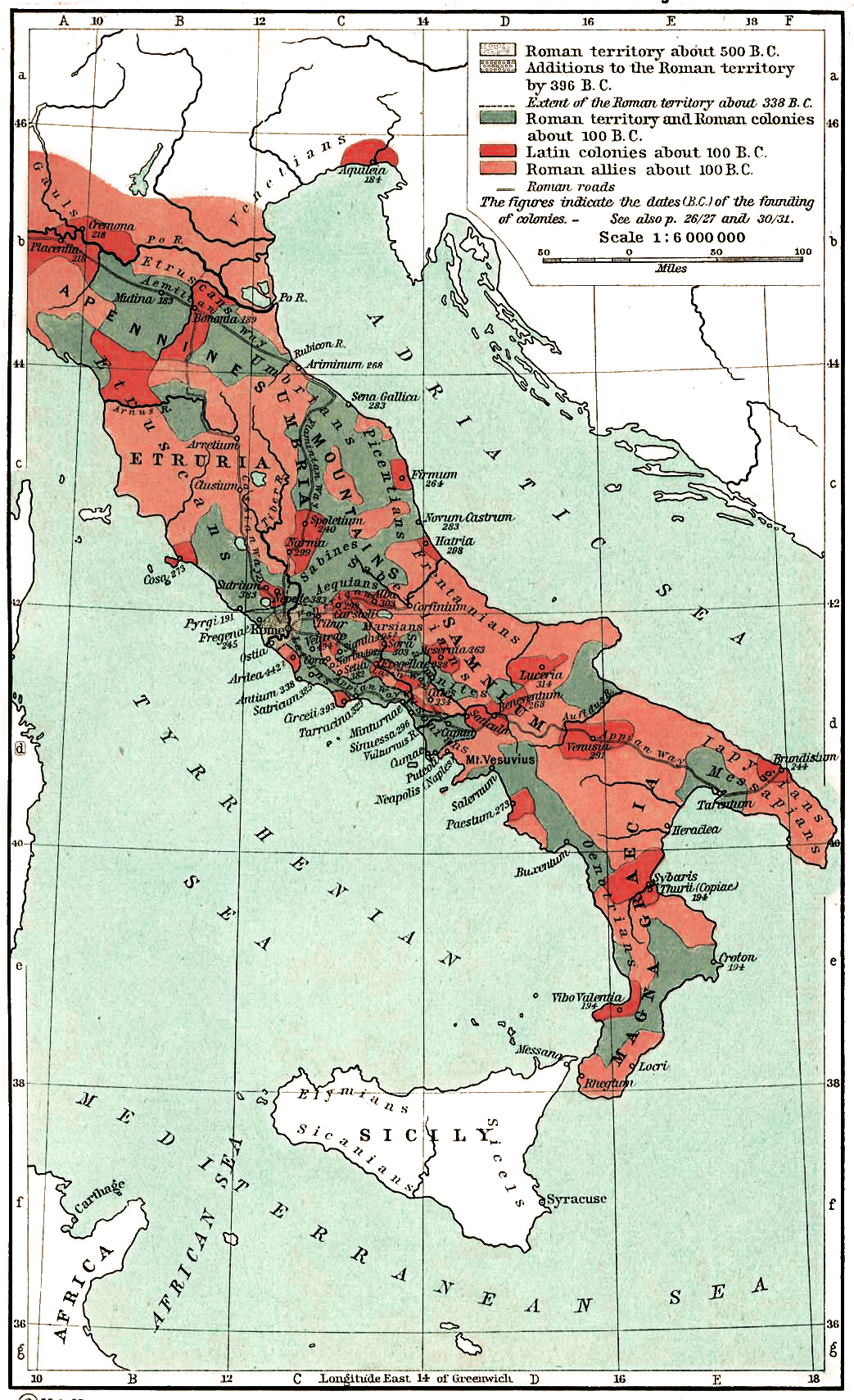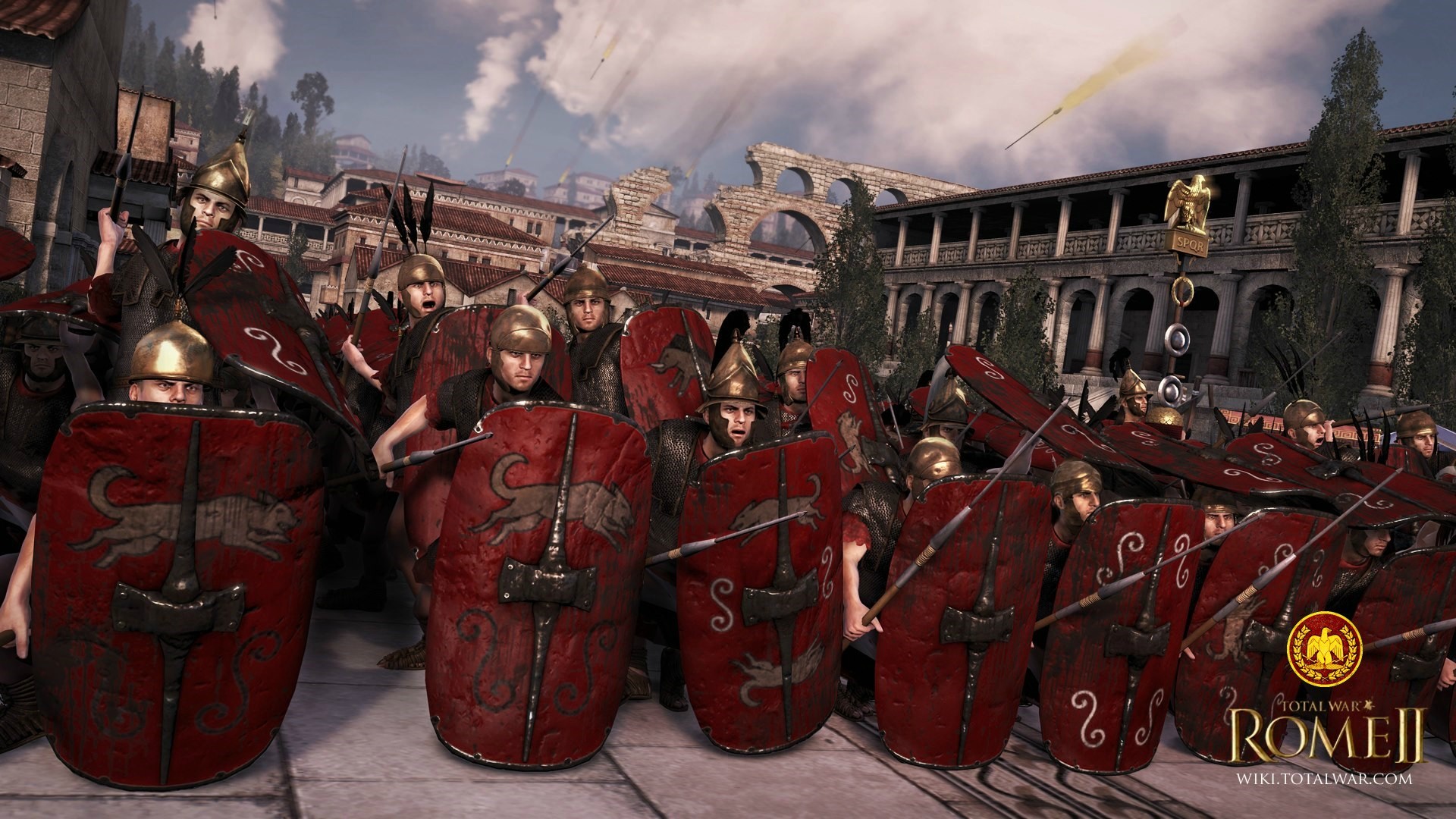

“Confederate generals were not members of the United States Army so I think the army posts should be named for people who served in the United States military.”īut for many in the bloodline of these rebel officers, there is no doubt about what needs to be done today. He stressed that the names “represent individuals, not causes or ideologies,” and the decision to name bases for Confederates was “in the spirit of reconciliation, not division.” As recently as 2015, following a deadly mass shooting in a Black church in South Carolina by a white supremacist, Major General Malcolm Frost, then the Army's chief spokesman, explained that “every Army installation is named for a soldier who holds a place in our military history.”

Only recently has the Army said there is reason to reconsider the names. They also sought to recast the Civil War as not about slavery but a defense of states’ rights. They were established long after the Civil War, mainly at two key junctures when the federal government was undertaking major military buildups-first to wage World War I and then World War II.Īt the time, when the military was still segregated into Black and white units, many elected leaders from the South, including powerful members of Congress, were avowed racists. The Army bases in question are Fort Rucker in Alabama Forts Benning and Gordon in Georgia Fort Polk and Camp Beauregard in Louisiana Fort Bragg in North Carolina Fort Hood in Texas and Forts A.P. The relatives of General John Bell Hood are torn about how to strike the proper balance between righting the wrongs of history and still acknowledging their ancestor's honorable postwar accomplishments. Hill insist that renaming the base bearing his name would be an unjust humiliation. Most descendants of Leonidas Polk want the base named for him changed, but not all.

Some of the kin of the notorious Nathan Bedford Forrest, who has a street named in his honor at Fort Campbell in Kentucky, are not on speaking terms over the issue. And some who hold these diametrically opposing views are in the same family. A minority of them are equally fervent that their ancestors deserve to be honored. Most passionately believe their ancestors' names should, as one of the Senate bills stipulates, be excised from all military monuments, buildings, streets, ships, planes or paraphernalia. They have a surprisingly consistent, though not unanimous, view. “They should be permanently removed and either destroyed or sunk in the ocean for a fishing/diving reef: the Graveyard of the Confederacy.”


 0 kommentar(er)
0 kommentar(er)
